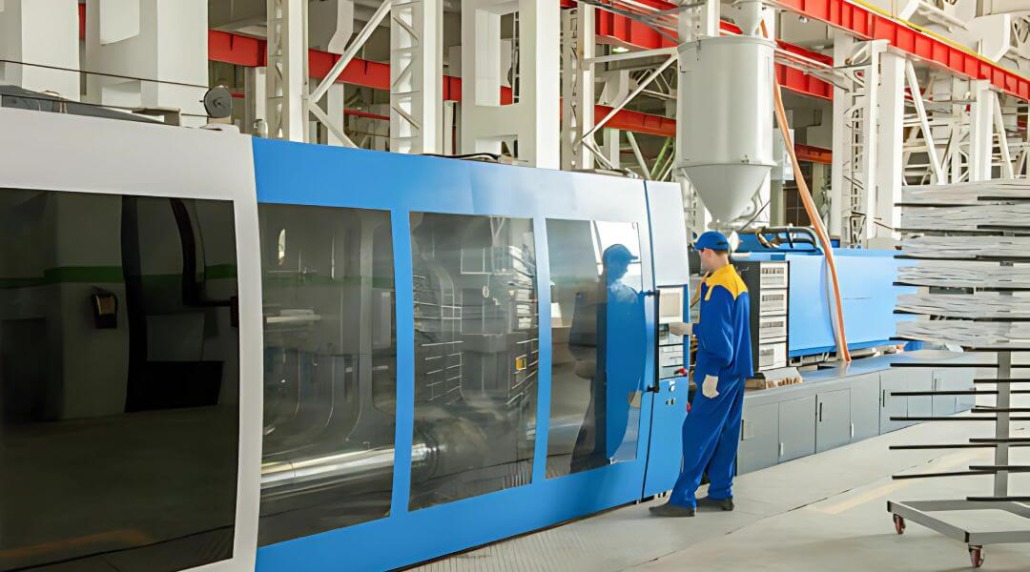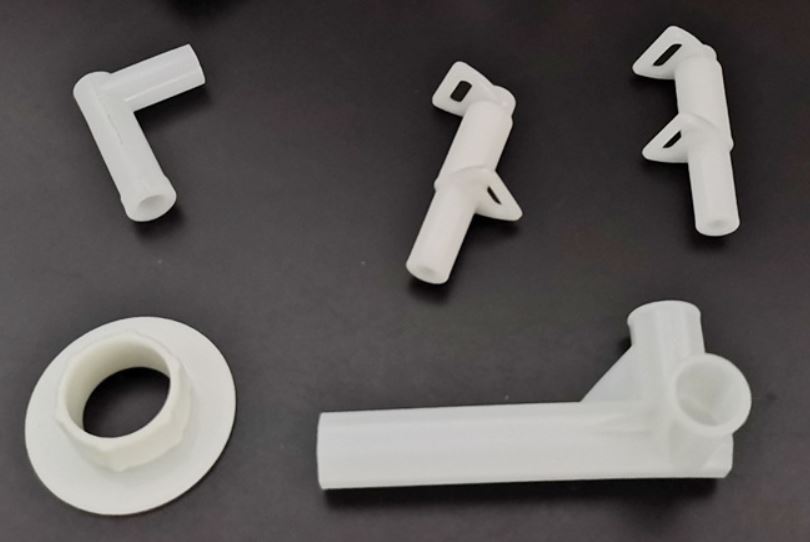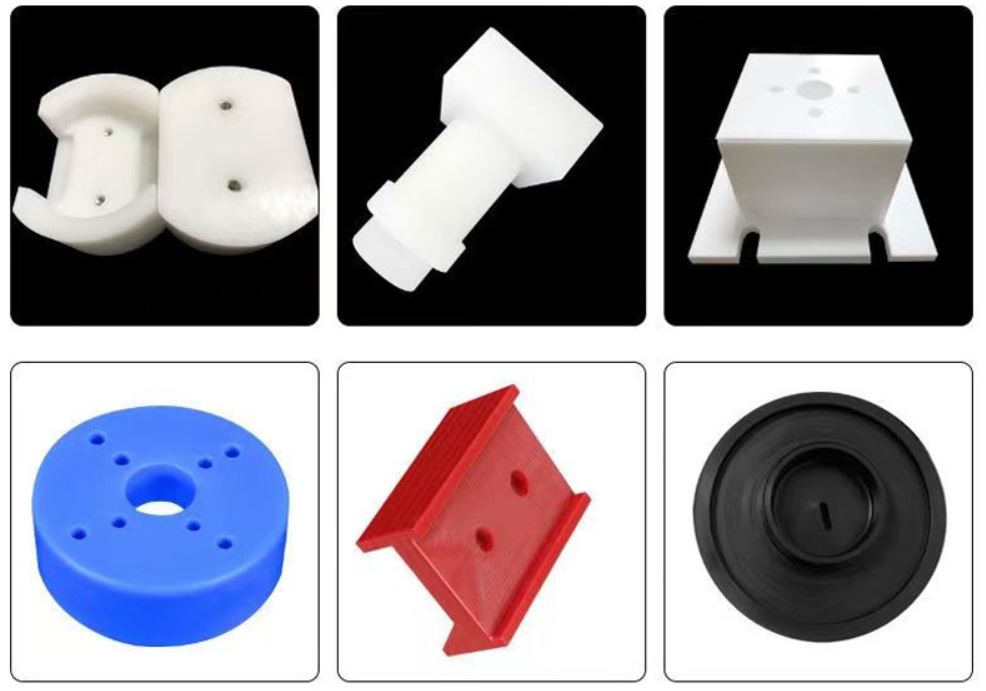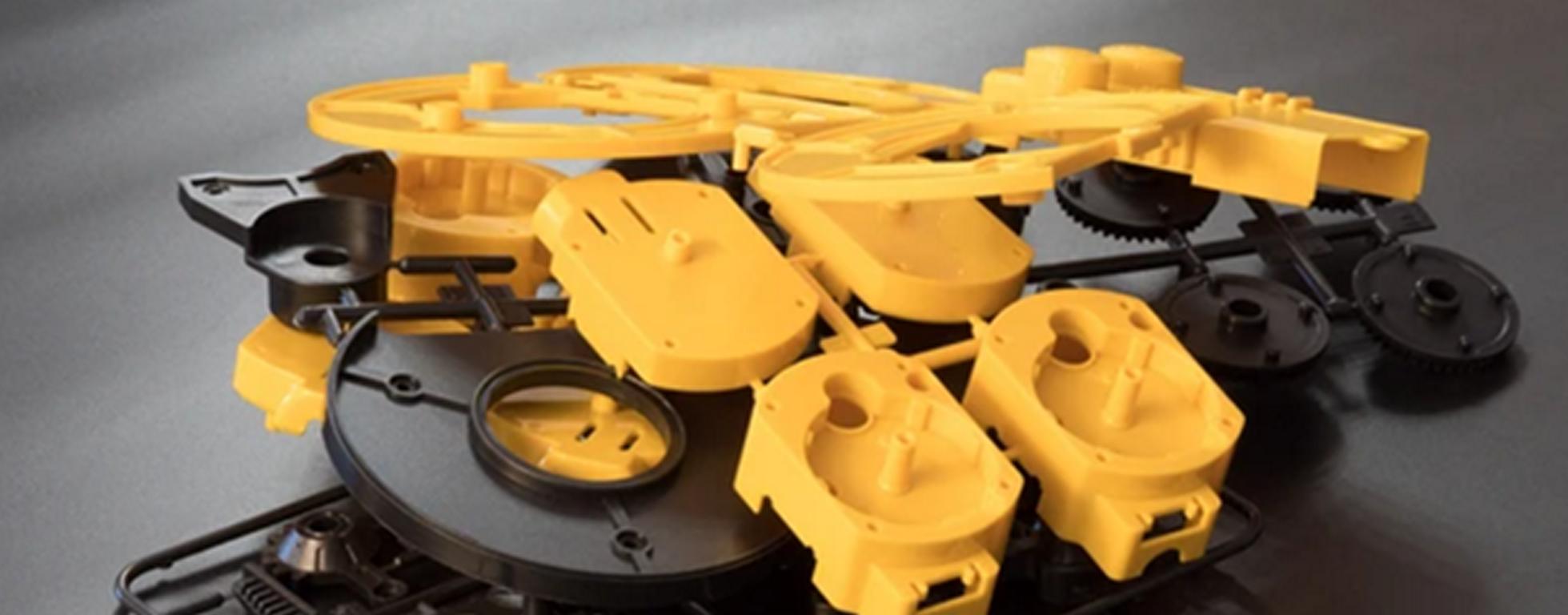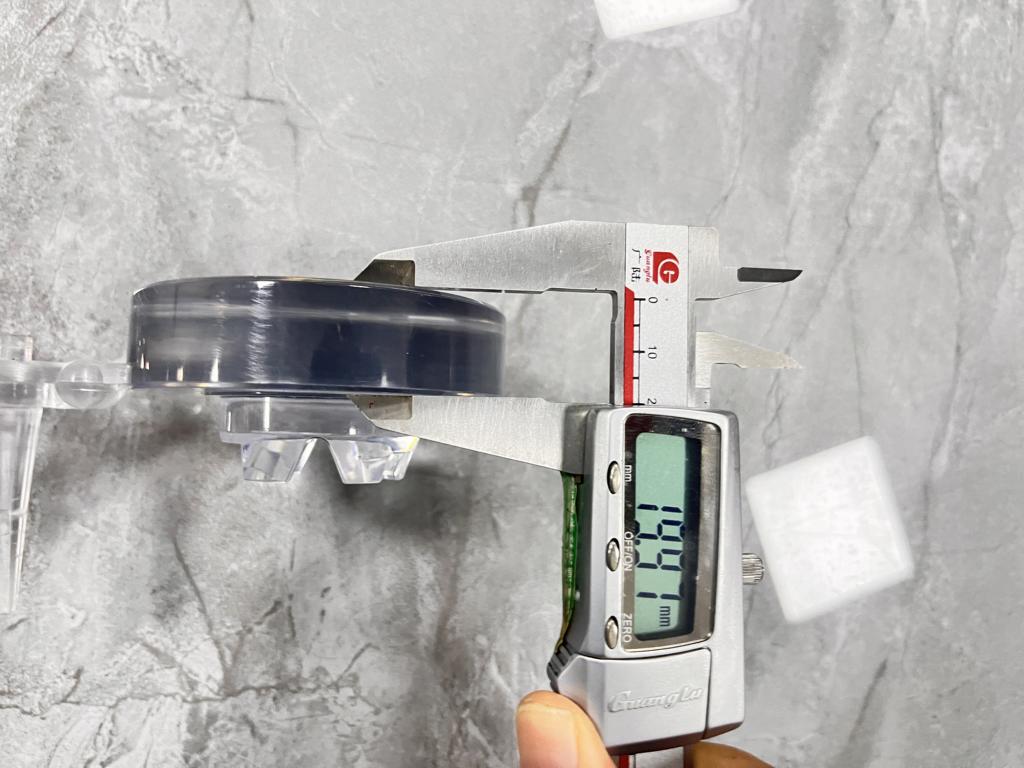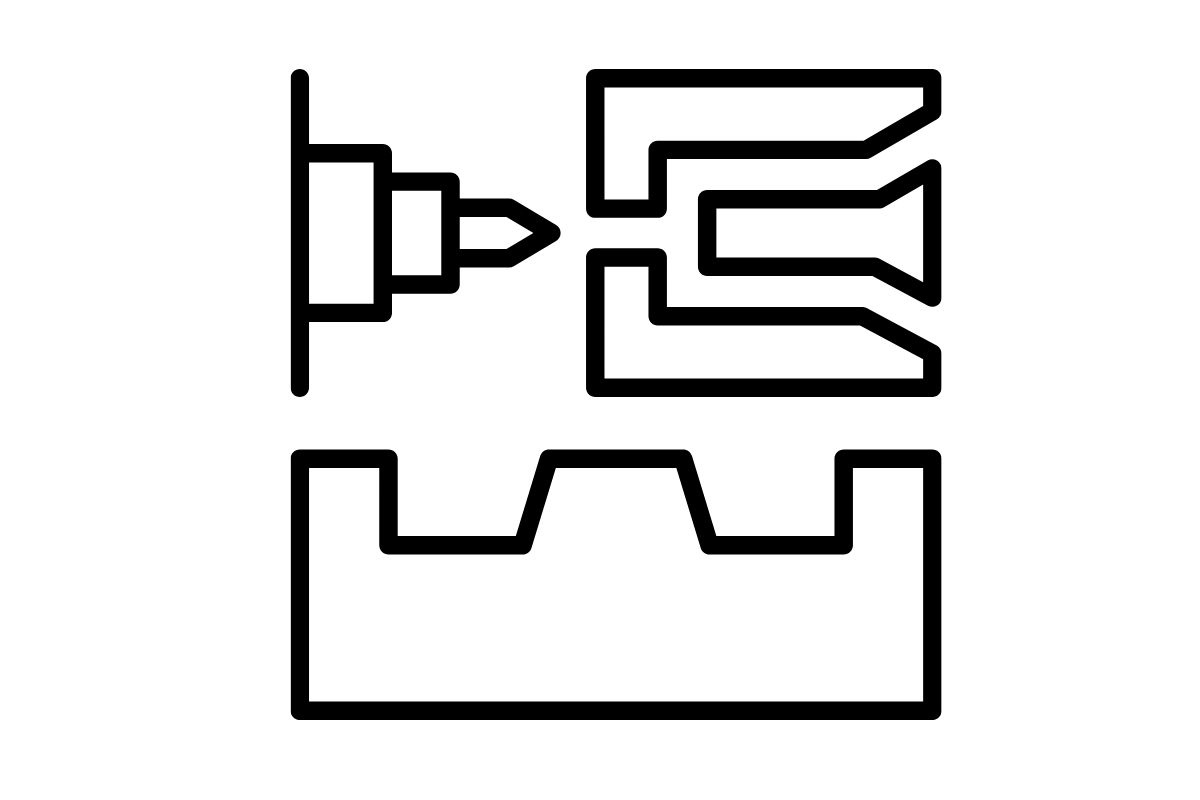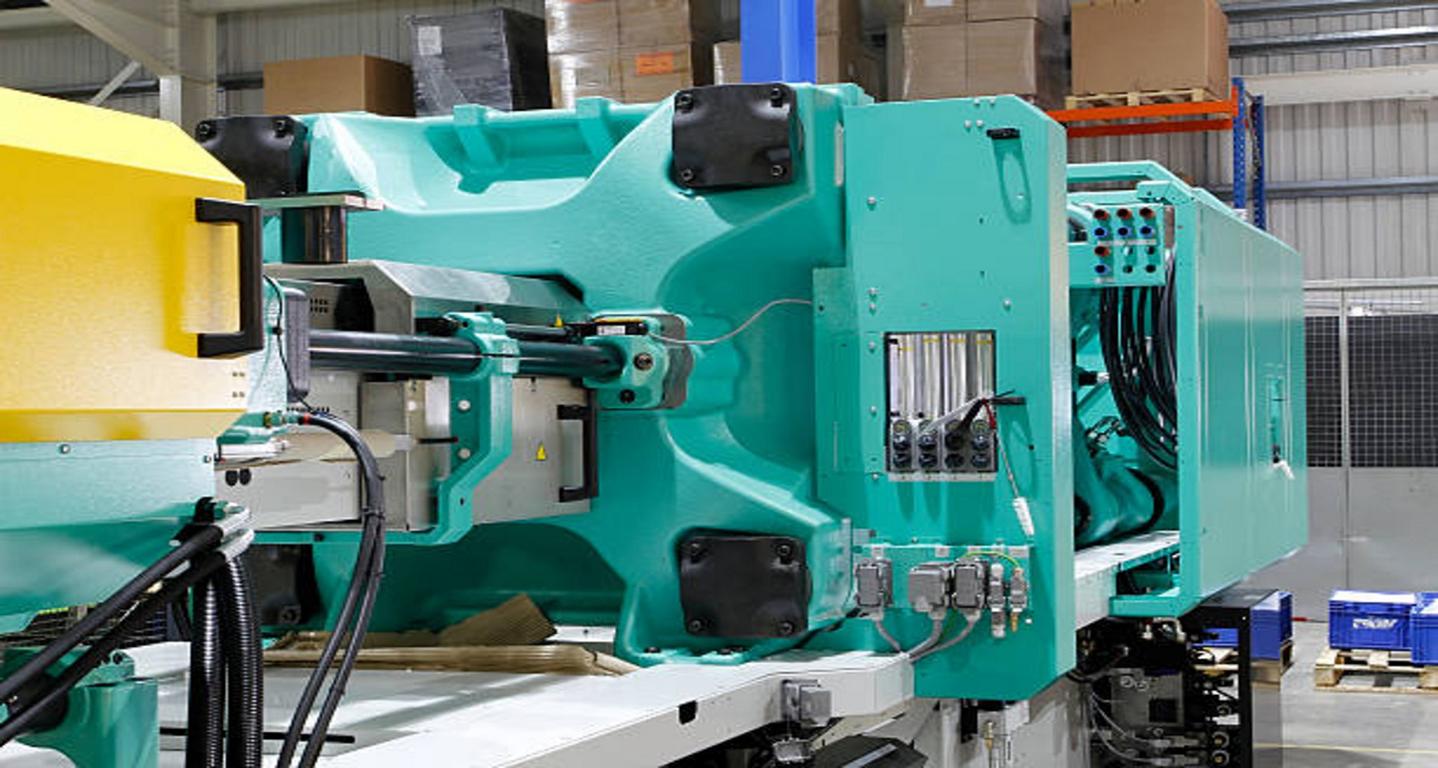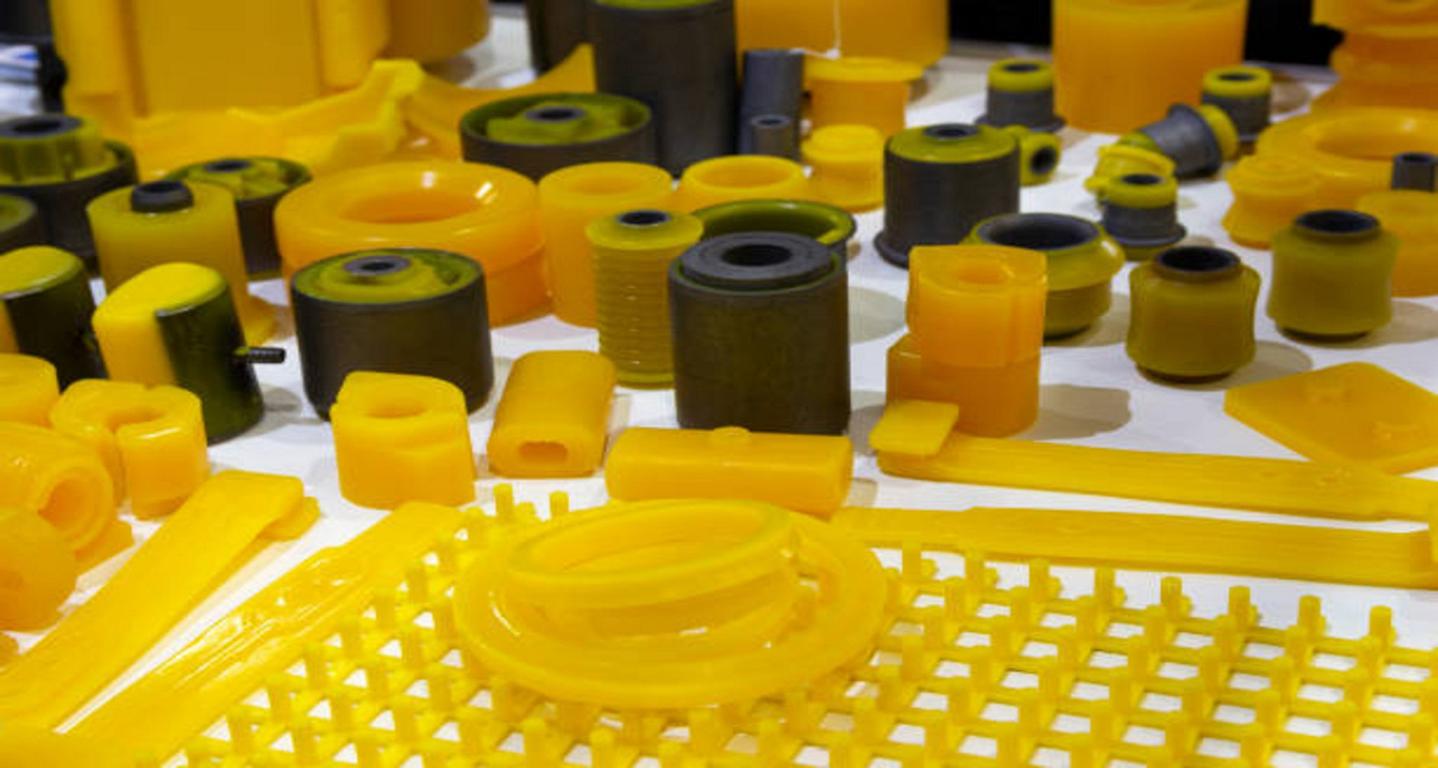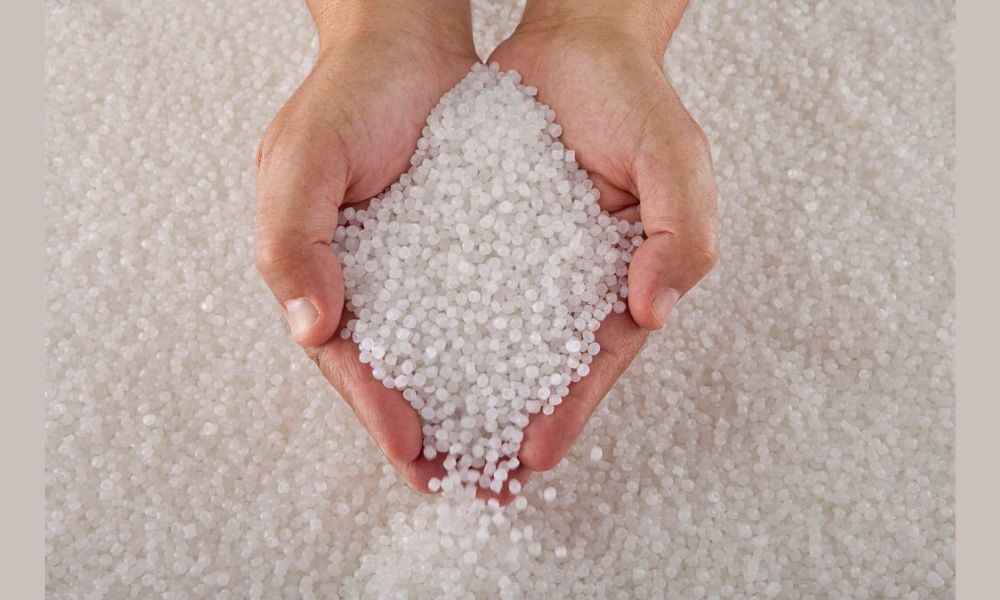The injection molding business has become indispensable across all walks of life. The companies are getting more advanced, and innovating their production capacities to bring parts to end use in minimal turnaround. In this aspect, US molding manufacturers are leading the way. Indiana-based injection molding companies have niche skills in providing quick, cheap, and versatile batch as well as mass molding solutions and are globally renowned for providing intricate molding solutions.
In this guide, you will get to know the injection molding companies in Indiana, their strengths, and specializations, so that you can select the right partner for your business.
1. Indiana Rubber & Plastic (IRP)

Year Established: 2004
Core Business Capabilities: Molded plastics, rubber molding, silicone, thermoplastic elastomers, prototypes, die cutting, rubber-to-metal bonding, flexible to rigid products, military specification products, low-cost tooling.
Address: 5699 E 71st St, Suite 4A, Indianapolis, IN 46220, USA
Website: www.indianarp.com
Company Introduction:
IRP was established in 2004, and it is now a leading company in the production of custom-molded plastics and rubber in Indiana. Founded in Indianapolis, the company provides a complete array of services starting with prototyping, low-cost tooling, and right to high-volume production. IRP has established its reputation as a provider of high-accuracy, long-lasting, and low-cost molded parts for a wide range of applications in automotive, medical, aerospace, and consumer electronics markets.
IRP offers services in custom molding and focuses on a range of materials such as silicone, rubber, thermoplastic elastomers, and urethane. The company also provides services in die cutting, rubber-to-metal bonding, and extrusions. Clients can take advantage of the flexible, rigid, and military IRP designs as well as precise parts.
The industry has been in the business for more than 15 years, and IRP has gained a reputation for providing high-quality molded products at the right time and the right price. As a company focused on delivering excellent products and services to meet individual client needs, the company is well-positioned to be a trusted partner, especially within the custom molding industry.
The services provided by IRP include molding from concept to production, short run as well as high volume. Manufacturing products in silicone, rubber, thermoplastics, and urethane, the company maintains a high level of accuracy with every part that is produced. IRP also delivers die-cutting services, rubber to metal bonds, and other services to enable it to meet the industry requirements.
If you are looking for injection molding companies in Indiana for rubber molding, silicone molding or prototyping, then we suggest you may contact with them to check your project and quote you a price.
2. DeKALB Molded Plastics

Year Established: 1980
Core Business Capabilities: structural foam molding, gas assist molding, multi-nozzle plastic products, design optimization, plastic processing.
Address: 550 West Main Street, P.O. Box 129, Butler, Indiana, 46721, USA
Website: www.dekalbmoldedplastics.com
Company Introduction:
DeKALB Molded Plastics, founded in 1980, has grown to be a major structural foam molding company. Based in Butler, Indiana the company focuses on manufacturing large multi-nozzle plastic products. DeKalb has in-depth experience in the field of structural foam technology and aims to give optimum solutions at a reasonable price without affecting product quality. They have always demonstrated their willingness to redevelop designs to reduce tooling and part costs and hence have become important partners to manufacturers in various industries.
DeKalb engages the clients to provide each design with its functional specifications and at the same time works hard to achieve high productivity. From simple design consultation to offering prototypes or even manufacturing complete parts for you, DeKALB Molded Plastics is here to help. They can create structural foam parts that are strong and light making them ideal for use in different industries.
If you are looking for injection molding companies in Indiana for structural foam molding or gas assist injection molding, then we suggest you may contact with them to check your project and quote you a price.
3. Accutech Mold & Machine

Year Established: 2000
Core Business Capabilities: Injection molding services, custom molds, CNC machining, machine repair, prototyping, and manufacturing services.
Website: www.accutechmoldmachine.com
Company Introduction:
Accutech Mold & Machine was started in 2000 and is an independently owned woman-operated business that offers excellent injection molding services. Having headquarters in Indiana, Accutech offers precise machining and building of assertive tools. The company aims to deliver quality injection molding and prototype services at a cheap and affordable price based on the customer’s requirements. In both small-run and large-volume applications, Accutech guarantees high reliability and throughput in all their work.
In addition, the company has accumulated vast experience in tooling and injection molding and has provided these services in various industries such as automotive, medical, and consumer goods. Accutech has a dedicated staff that collaborates with clients to manufacture the parts according to the client’s specifications and quality requirements.
Accutech Mold & Machine operates on the principles of customer satisfaction and offers services for complicated manufacturing problems. With a special emphasis on innovation and quality, the company remains a reliable partner in the sphere of injection molding.
Accutech is a firm that deals with custom injection molding and tooling. Their skills guarantee quality parts, fast prototyping, and accurate production services. The company’s mission is to deliver great customer experience and quality work at a reasonable cost.
If you are looking for injection molding companies in Indiana for CNC machining or prototyping molding, then we suggest you may contact with them to check your project and quote you a price.
4. Calico Precision Molding

Year Established: 2001
Core Business Capabilities: Manufacturing industry, automotive parts, molded products, molding solutions, automobile industry, product assembly.
Website: https://calicopm.com/
Company Introduction:
Calico Precision Molding was started in the year 2001. It’s one of the premier companies dealing in plastic injection molding and assembly. The company provides various industries with accurate solutions in various fields. Calico’s goal is to deliver high-quality molded parts while keeping the costs and process time as low as possible.
Calico Precision Molding has the ability to do short-run and high-volume production and specializes in custom molding and assembly for customers. The company has solid experience in its field and guarantees the highest level of quality and accuracy of each part.
Calico has a core purpose of establishing and maintaining customer satisfaction through the provision of high-quality products. Their business mantra is “Everyday We Build and Ship Our Reputation” which can be seen by the company’s handling ability in the molding and assembly of the products.
Calico Precision Molding offers complete services for plastic injection molding and assembly. They provide bespoke solutions that deliver quality products and short turnaround times which makes them ideal partners for any company in any line of business.
If you are looking for injection molding companies in Indiana for automotive injection molding parts, then we suggest you may contact with them to check your project and quote you a price.
5. Burco Molding

Year Established: 1970
Core Business Capabilities: Plastic injection molding, rapid prototyping, metalworking, design and engineering, short cycle times, around-the-clock production.
Address: 15015 Herriman Blvd Noblesville IN 46060 United States
Website: www.burco-molding.com
Company Introduction:
Burco Molding was started in 1970 and has been offering customized plastic injection molding services for more than 50 years. Based in Noblesville, Indiana, the firm possesses a sophisticated plant with 20 injection molding presses, 60-950 tons. Burco is committed to being innovative and delivering quality products that meet specifications for each part while making production efficient.
Burco provides a full-service solutions package from the molding of plastics, the machine shop facilities, and rapid prototyping. To maintain full control of their work, their design and engineering team meets with clients from the time of the project conception up to its completion. High-volume manufacturing is also possible because the company has a climate-controlled plant and a pool of skilled workforce.
Burco Molding Company has been proven to deliver high-quality molded parts that are reliable as well as long-lasting to various industries including automotive, medical, and consumer products industries. Burco remains a reliable partner in providing accurate and efficient solutions to customers at a lower price than expected.
Burco is a plastic injection molding company that provides a complete solution from design to manufacturing of parts. Open 24/7 and striving for quality, they provide quick and custom services and always deliver the exact results you want.
If you are looking for plastic injection molding companies near me in Indiana for rapid prototyping and metalworking, then we suggest you may contact with them to check your project and quote you a price.
6. Global Plastics

Core Business Capabilities: Injection molding, blow molding, tooling, product development, rapid prototyping, secondary operations, quality management systems, and manufacturing for various sectors.
Phone: 1.800.783.7750
Website: www.globalplastics.com
Company Introduction:
Global Plastics is a premier plastic injection and blow molding company devoted to the highest standard of quality solutions to transform the way manufacturers achieve success. Having been in the business for many years, the company has diverse capabilities in design and tooling, manufacturing, and secondary services. Established as an original equipment manufacturer, Global Plastics delivers molded parts to various industries while maintaining cost efficiency, productivity, and part quality.
Right from the conception of every project, Global Plastics is able to provide professional cooperation, technical assistance in product development, and sophisticated tooling. Their DFM (design for manufacturability) concentration guarantees continuity from conception to the final product. This enables the company to effectively respond to client needs, with accuracy, variety, and speed, within the most stringent quality parameters.
In addition to this, Global Plastics is also an ISO 9001, ISO 13485, IATF 16949, and SQF company to show the company’s commitment to quality delivery. The company’s certifications are evidence of its commitment to maintaining high industry standards across industries such as medical, automotive, and food packaging. Through constant evolution and commitment to customer needs, Global Plastics continues to be a valued supplier for companies around the globe.
If you are looking for plastic injection molding companies near me in Indiana for blow molding and product assembly services, then we suggest you may contact with them to check your project and quote you a price.
7. Echo Engineering & Production Supplies

Core Business Capabilities: Automotive components, automotive trim, proto-type parts, silicone, and EPDM products, masking, hanging, protection, sealing, fastening, noise, vibration, and harshness (NVH) parts.
Address: Indiana, USA
Website: www.echoengineering.com
Company Introduction:
Echo Engineering & Production Supplies is among the prominent companies offering manufacturing services of custom parts including rapid prototyping and quality components. In industries globally, Echo Engineering targets areas such as masking and hanging as well as protection solutions together with sealing and fastening and NVH (Noise, Vibration, Harshness). Being specialized in silicone and EPDM materials, the company supports clients to reach accurate and affordable solutions regarding product design.
The company’s customization mechanism enables the development of unique parts for use in clients’ unique applications. From complex masking solutions of suspension parts to demand rapid prototyping services, Echo provides all the necessary solutions for your projects. The company’s policy is to provide excellent performance with short turnaround time and quality services.
Echo Engineering’s dedication to quality and customer satisfaction is backed by their ISO 9001:Obtained in 2015, it guarantees the compliance of each product with high industry standards. As a result of having a team of professionals and a strong commitment to innovation and precision, Echo Engineering now remains the go-to company for those businesses that need reliable production solutions.
Echo Engineering offers fast turnaround silicone/EPDM prototypes and parts and masking services across different industries. This ensures that clients get the best value for their money every time they work with this company since they are guaranteed maximum quality at reasonable prices due to fast prototyping.
8. Mega Corporation

Year Established: 1980
Core Business Capabilities: Automotive parts manufacturing, consumer products, toy manufacturing, packaging, healthcare industries, automotive manufacturing, electronics manufacturing.
Phone: 847-985-1900
Website: www.megacorporation.com
Company Introduction:
Mega Corporation was founded in 1980; it is a multidisciplinary manufacturer with a focus on plastic injection molding. Some of the core competencies of the company are providing developmental and prototype molds and helping customers to choose the right material as well as addressing technical and mechanical design questions. Mega Corporation has over 3 decades of experience in offering advice on choosing from over 80,000 plastic formulations for the exact needs of the client.
Mega Corporation not only provides injection moulding services but also product development, assembly services, and ultrasonic welding services. Their team of experts is dedicated to providing quality manufacturing and engineering solutions in defense, consumer products, industrial components, and many more. Mega has a great scope of competence, so they can handle multiple intricate tasks in different phases, including the development stage.
Mega Corporation has gained a good reputation in the marketplace based on its policy on quality and innovation. Working for defense, mining, or petroleum sectors, the company always offers competitive solutions that can fulfill the requirements of the industry. Remaining loyal to the customer-centric strategy, Mega remains a reliable supplier for companies that need accuracy and quality in production lines.
Mega Corporation focuses on the manufacture of plastic injection molding and product design. Their team offers help in selecting materials and engineering to guarantee outstanding outcomes. Mega provides a complete manufacturing solution suite which primarily includes ultrasonic welding and a range of secondary services to meet client requirements.
If you need high accuracy and quality in your next manufacturing project? Mega Corporation provides tailor-made plastic molding and assembly services, as well as product design and development services.
9. Commercial Plastics Company

Core Business Capabilities: Specialty molding, new product design, working with engineers and designers, environmental conservation, and precision manufacturing for various industries.
Addresses:
Phone: 2625458700 – Address: 9600 55th Street, Kenosha, WI 53144
Allanson Road 800, Mundelein, IL 60060
Address: 10240 Deer Park Road, Waverly, NE 68462
1020 E. Maple Avenue, Mora, MN 55051
Apodaca, Nuevo León, México C.P. 66646
Email: info@ecommercialplastics.com
Website: www.ecommercialplastics.com
Company Introduction:
Commercial Plastics Company specializes in custom molding that has been in the market intending to satisfy the customer’s needs and demands from the time of its formation. Having its origins over 70 years ago, the company is well-equipped to offer customized plastic product solutions for a variety of industries. Commercial Plastics always uses modern technologies in its production processes so that it can offer its customers quality products at affordable prices.
Commercial Plastics works with its clients from the time they come up with an idea till the project completion. The company also provides service solutions for the selection of materials, tools, and assembly to its clients so that clients can have a smooth and effective manufacturing process.
Commercial Plastics is aware of a sustainable development policy, which takes into account environmental, social, and economic conditions. They have been rewarded many times, such as Supplier of the Year and Business of the Year. It is now more than ever that Commercial Plastics has strengthened its commitment to safety, innovation, and its people, making it the company of choice in custom molding.
10. Eclipse Manufacturing Company

Core Business Capabilities: Plastic molding, tooling, side operations, inlay molding, pad printing, hot stamping, engineering plastics, quality control, and on-time shipment.
Address: 115 Oakwood Rd, Lake Zurich, Illinois 60047
Phone: (847) 438-2137
Email: mmccann@eclipseplasticmolding.com
Website: www.eclipseplasticmolding.com
Company Introduction:
Eclipse Manufacturing Company is a full-service company with a specialization in plastic molding. Eclipse has adopted innovation by undertaking high precision in its production process to deliver quality products on time for all its customers. The company operates under an ISO 9001:2015 certification that guarantees compliance with the quality management system throughout the production process.
The services that Eclipse provides include tooling services, quality moldings, and affordable prices in the market. Customers have a choice of using commodity resins or engineering resins to meet the needs of their projects. Eclipse boasts of being a one-stop solution provider since the company undertakes every process from molding to the assembly of the final product. Other secondary operations include insert molding, pad printing, and hot stamping, which are offered to fulfill the demands of specific project requirements.
Eclipse specializes in custom plastics and with our dedication to quality, we are your perfect partner for your next project. Whether it is a simple part, a component, or a fully finished product, Eclipse comes in handy with quality and speed.
Eclipse Manufacturing offers full-service custom molding including tooling and assembly. Our in-line and off-line secondary operations provide top-quality, competitively priced products to meet your requirements, all in one company.
Conclusion
Indiana’s injection molding industry provides a broad spectrum of specialization where most of the companies focus on custom molding and rapid prototyping. These Companies serve industries like medical devices, automotive, and consumer goods among others; they are thus good partners with clients who are looking for precision and quality production solutions.
For those industries that need a more international view or professional skills, Sincere Tech, a reliable Chinese injection molding manufacturer, offers a full range of one-stop molding services and stable overseas cooperation. They also have vast experience in manufacturing making it easy for them to conduct business in the global market.
Selecting the appropriate injection molding company in Indiana depends on the precision required, the required quantity, and the material type. With this understanding, you can be sure of choosing the right partner for your business and the best manufacturing results.



